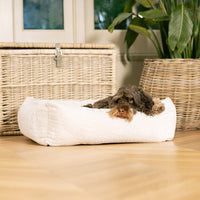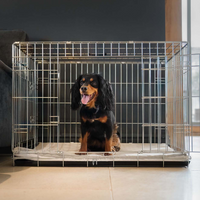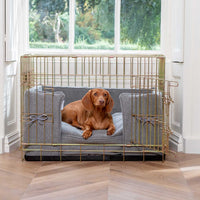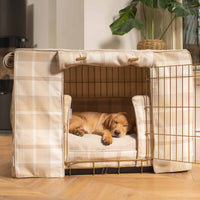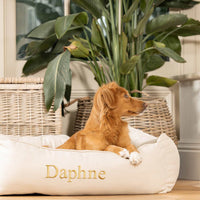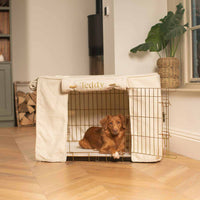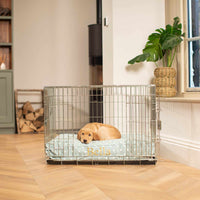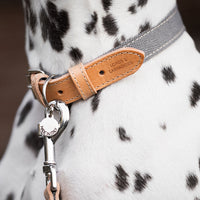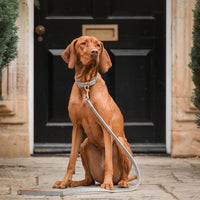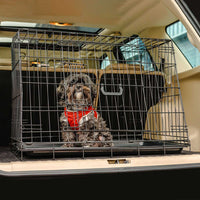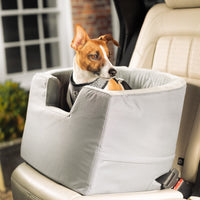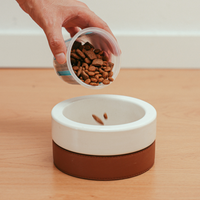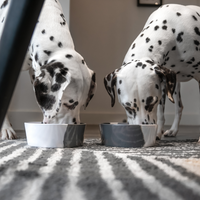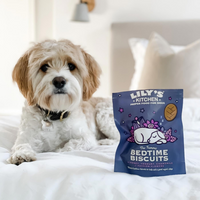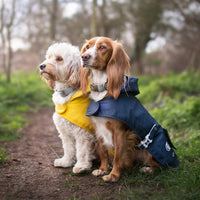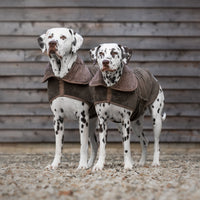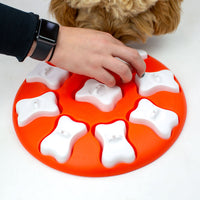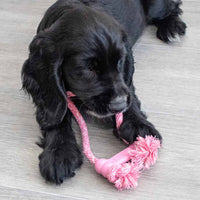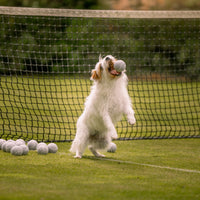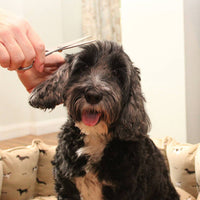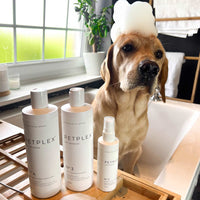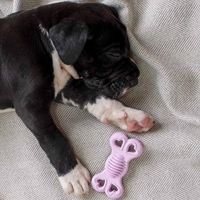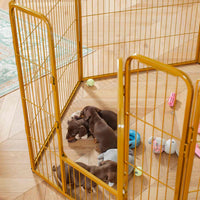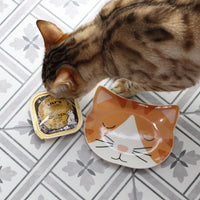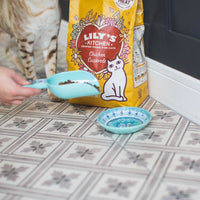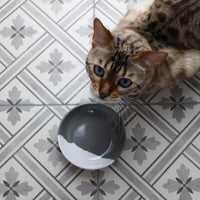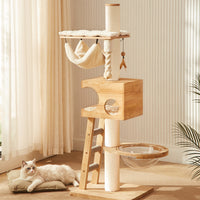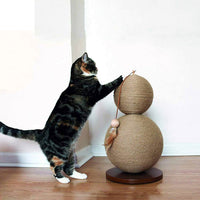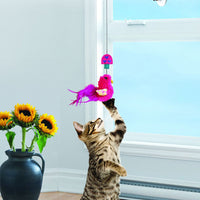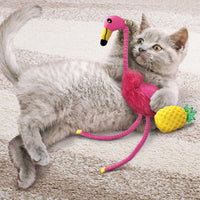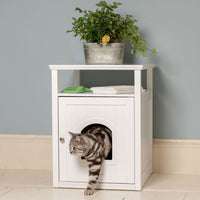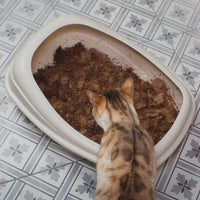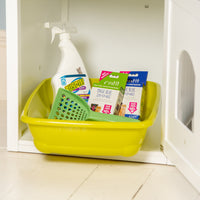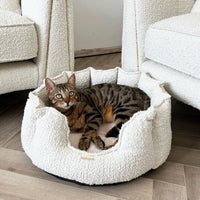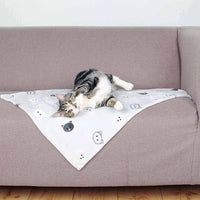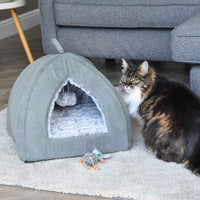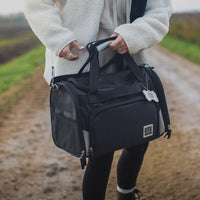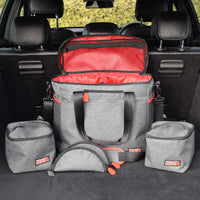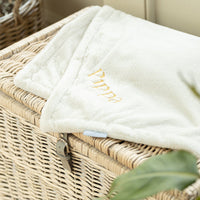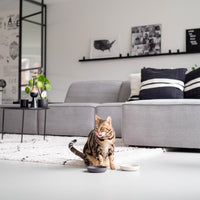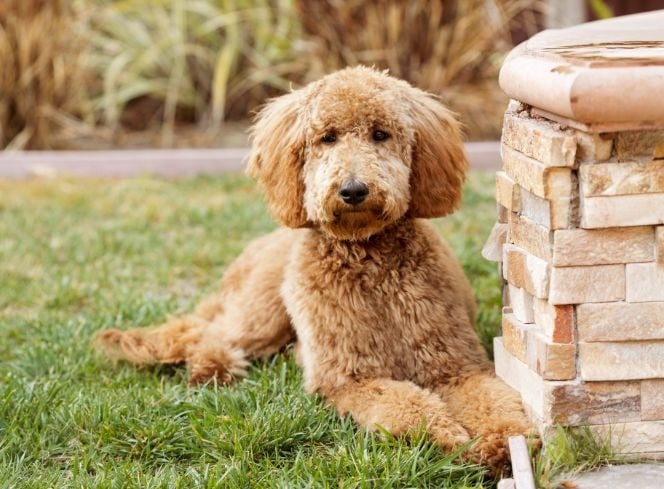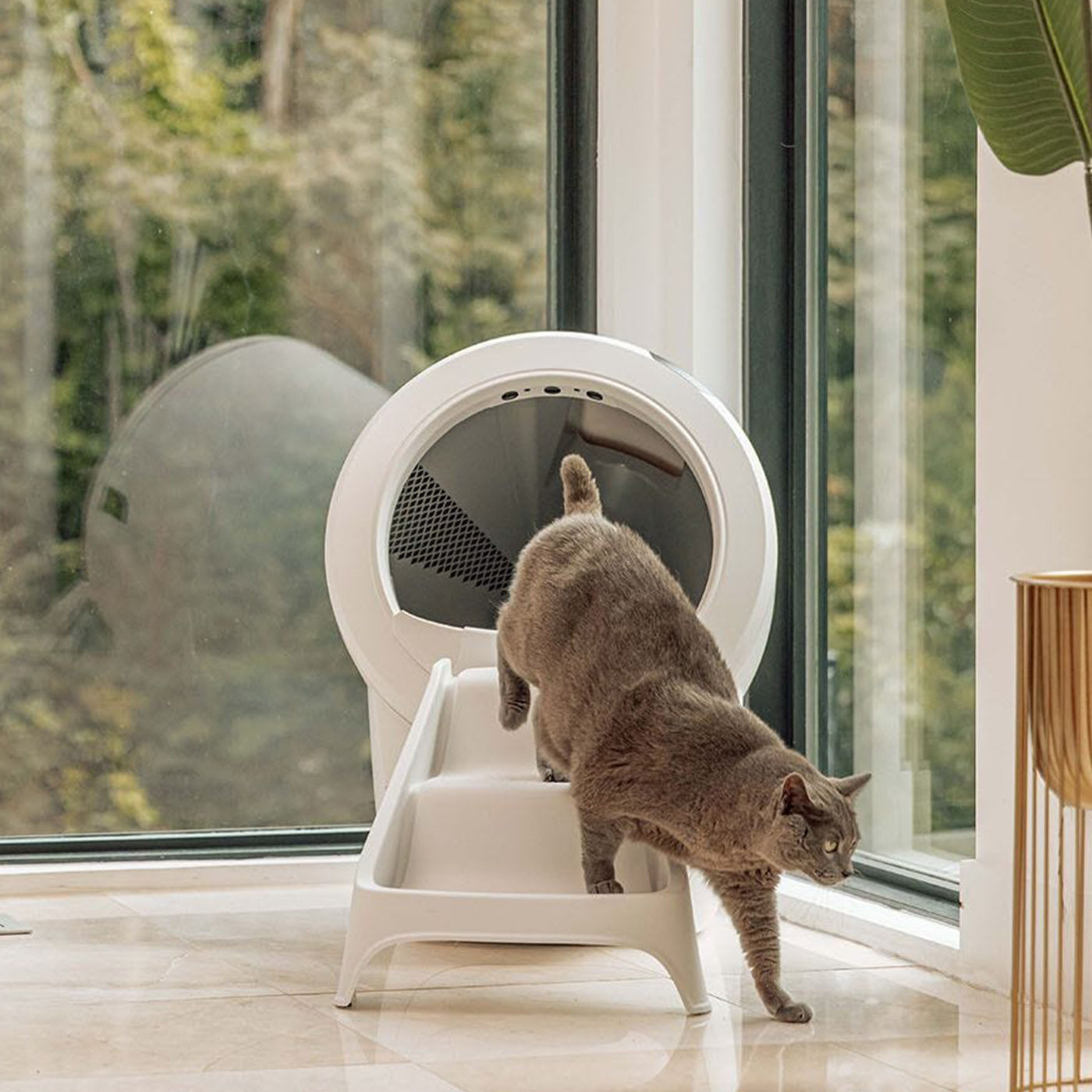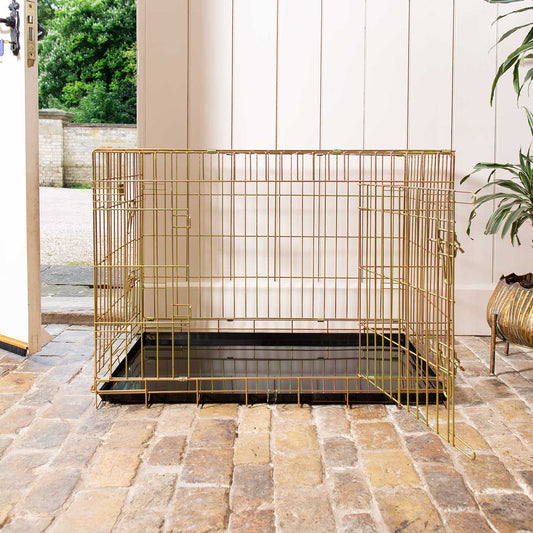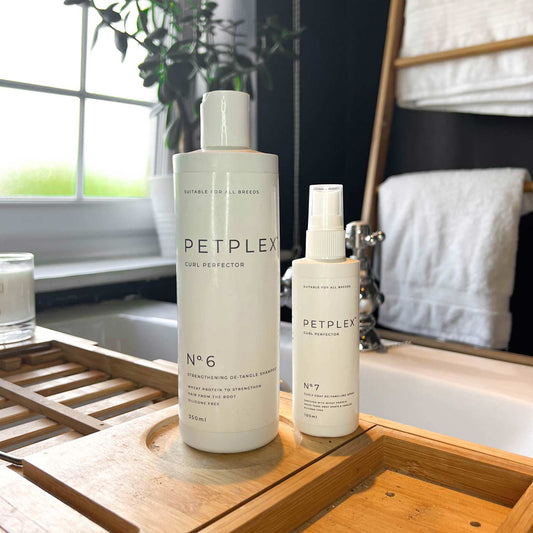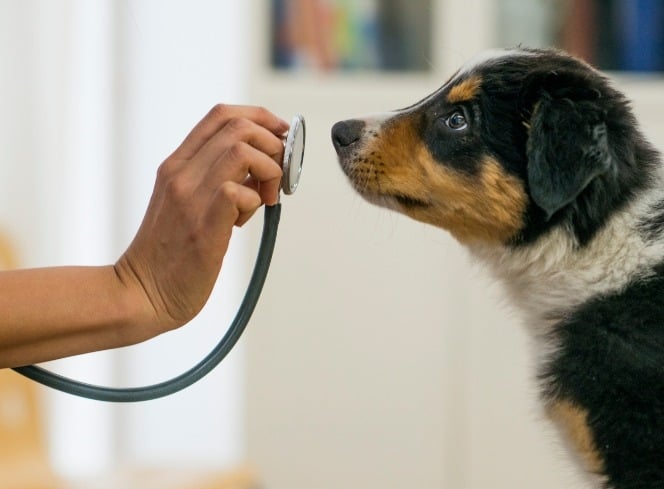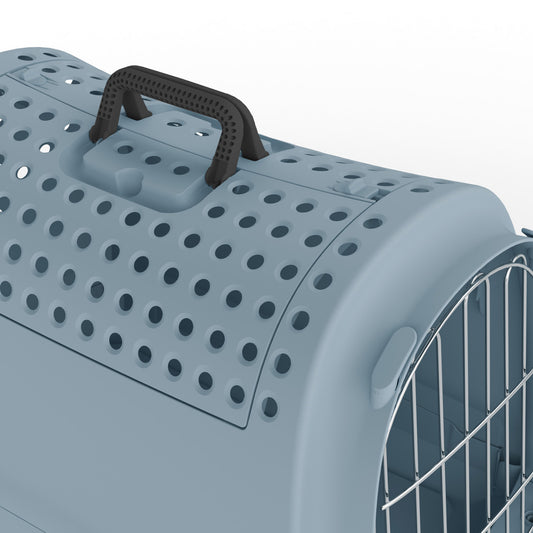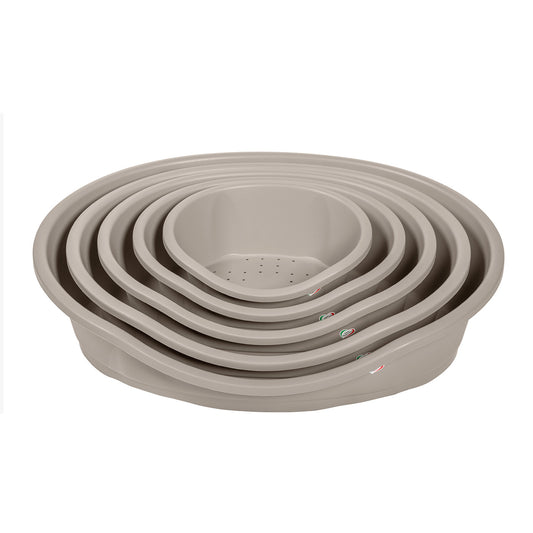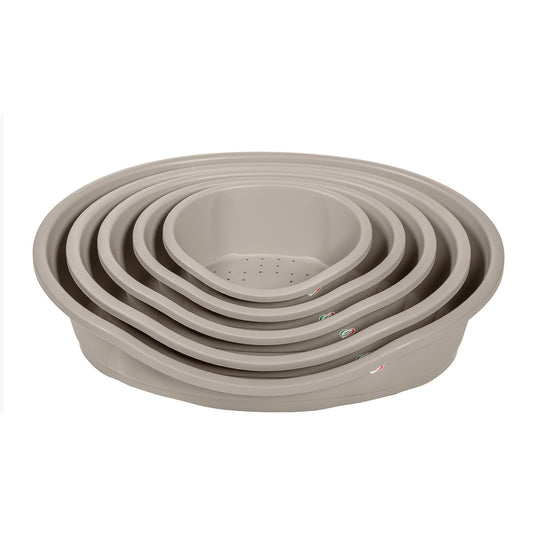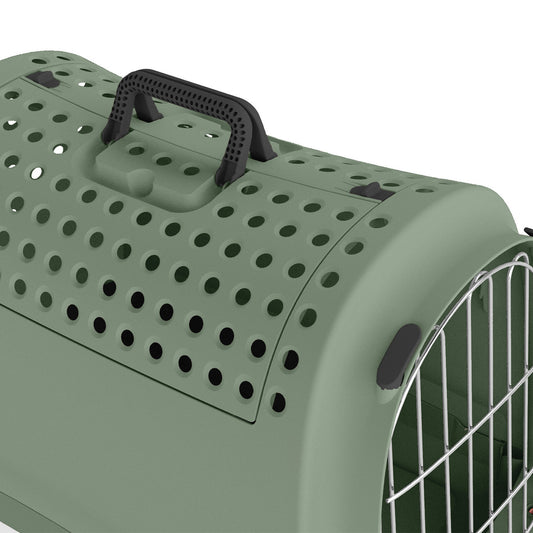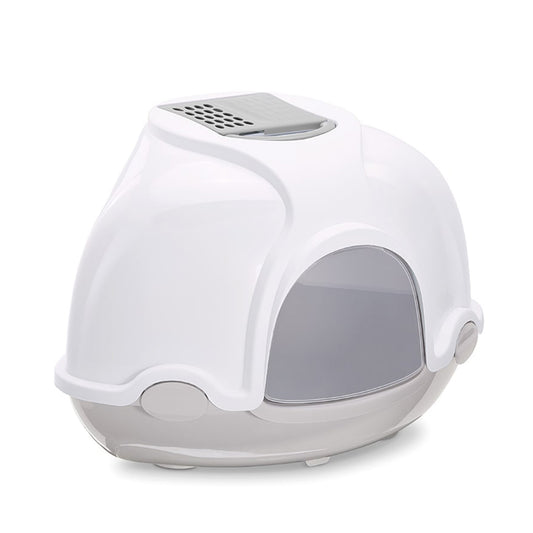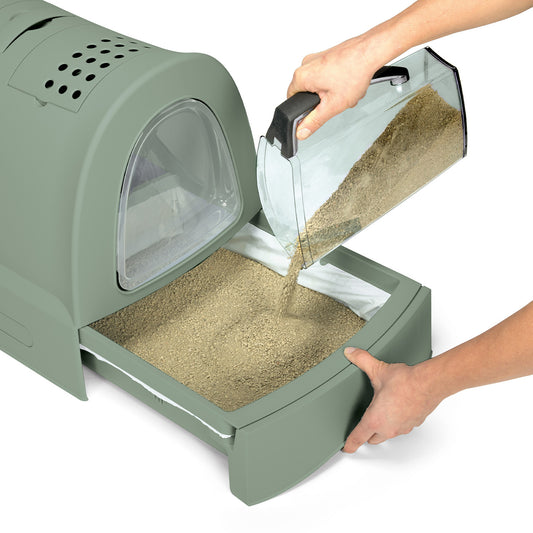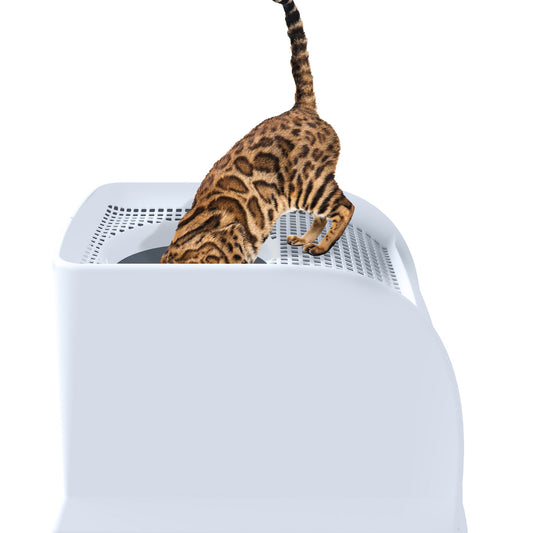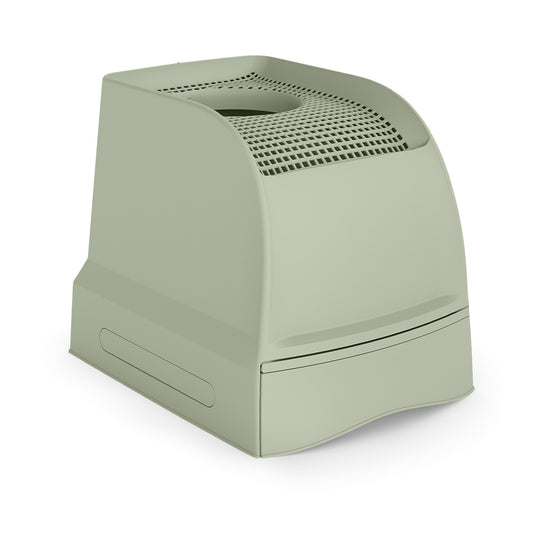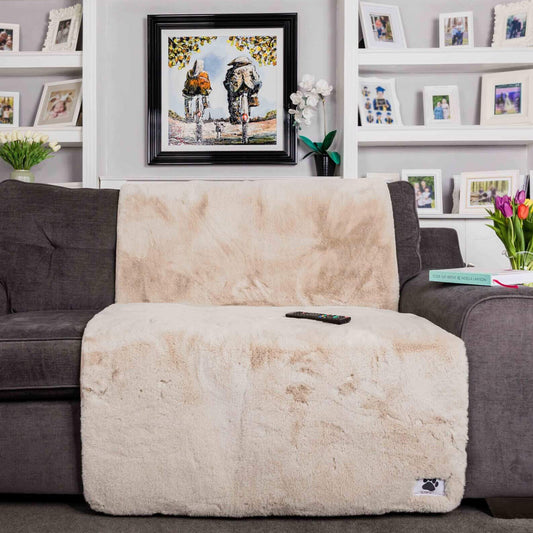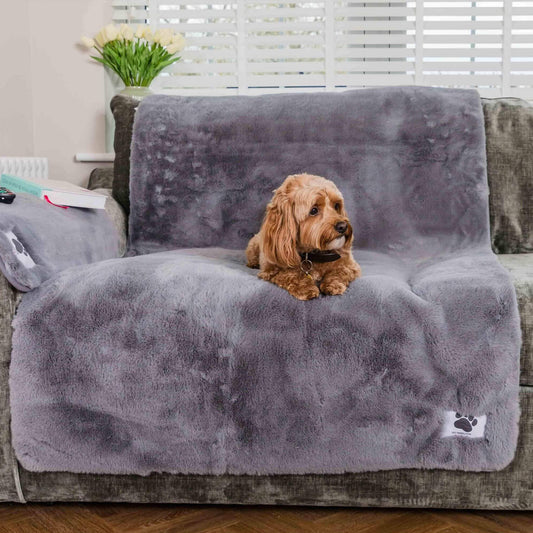Are you considering adding a Golden Doodle to your family? Or perhaps you're already a proud parent of one of these adorable and affectionate pups? Either way, you've come to the right place! In this comprehensive guide, we'll delve into everything you need to know about Golden Doodles, from their fascinating traits and health considerations to grooming tips and dietary needs. Let's embark on a journey to discover the ins and outs of these wonderful companions.
Golden Doodle Facts and Information
The Golden Doodle, a crossbreed between a Golden Retriever and a Poodle, has gained immense popularity in recent years due to its charming personality and hypoallergenic coat. These designer dogs come in various sizes, ranging from miniature to standard, and exhibit a wide array of coat colours, including cream, gold, apricot, and chocolate. If you’re looking to get a Golden Doodle it’s definitely worth checking out both of our Golden Retriever and Poodle guides for information on each breed because after all your puppy will be a perfect blend of them both.
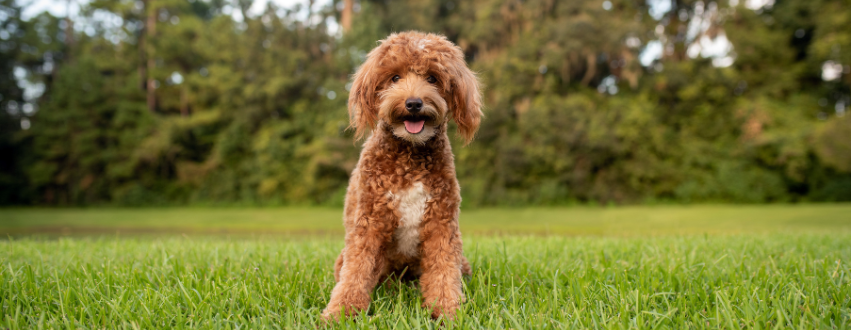
Golden Doodle Personality and Traits
Golden Doodles are renowned for their friendly and affectionate nature. They thrive on human companionship and are incredibly social animals, making them excellent family pets and therapy dogs. Their intelligence, combined with their eager-to-please attitude, makes them highly trainable and adaptable to various living situations.
Golden Doodle Health Issues
Like all breeds, Golden Doodles are susceptible to certain health issues. While they generally enjoy robust health, potential concerns include hip dysplasia, elbow dysplasia, and progressive retinal atrophy. Regular veterinary check-ups, a balanced diet, and adequate exercise can help mitigate these risks and ensure your Golden Doodle's well-being.
Raising A Golden Doodle: Training and Socialisation
Proper training and socialisation are crucial aspects of raising a well-behaved and happy Golden Doodle. Begin obedience training and socialisation early to instil good behaviour and prevent any undesirable habits from forming. Positive reinforcement techniques work wonders with this breed, as they respond eagerly to praise and rewards.
Golden Doodle Training Tips
- Start training sessions early and keep them short to maintain your pup's focus and enthusiasm.
- Use positive reinforcement techniques such as treats, praise, and play to reinforce desired behaviours.
- Be patient and consistent with training, as Golden Doodles thrive on routine and clear expectations.
Golden Doodle House Training and Crate Training
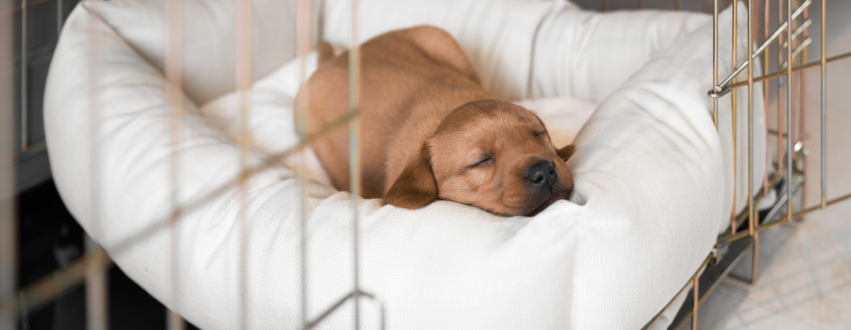
House training and crate training are essential for teaching your Golden Doodle good manners and providing them with a safe and secure space of their own. Here are some tips for successful house and crate training:
- Establish a regular schedule for potty breaks and stick to it diligently.
- Use positive reinforcement and rewards when your puppy eliminates outside or in their designated potty area.
- Introduce the crate gradually, making it a comfortable and inviting space with soft bedding and toys.
- Never use the crate as a form of punishment, as it should be a positive and reassuring environment for your dog.
Golden Doodle Crate Training Shopping List
- Dog crate - the first essentials for crate training is a crate. For Golden Retrievers we’d recommend an XXL in one of our deluxe dog crates
- Crate Bed - Our cosy and calming puppy crate beds are perfect for crate training your puppies
- Vet bed or puppy pads - to give your pup somewhere to relieve themselves that’s not their bed - accidents happen!
Our Pet Experts have put together their top tips and tricks for crate training your Golden Doodle - read here
Exercise Needs of a Golden Doodle
Golden Doodles are energetic and active dogs that require regular exercise to stay healthy and happy. Aim for at least 30 to 60 minutes of physical activity each day, which can include walks, playtime, and interactive games. Tailor your exercise routine to your dog's age, size, and individual preferences.
Best Walking Accessories For A Golden Doodle
For a Golden Doodle you will need sturdy walking accessories, we recommend looking at leather collars and leads. Our padded leather collection is a perfect choice, the padding in the collars is comfortable for them to wear and the leads are super sturdy.
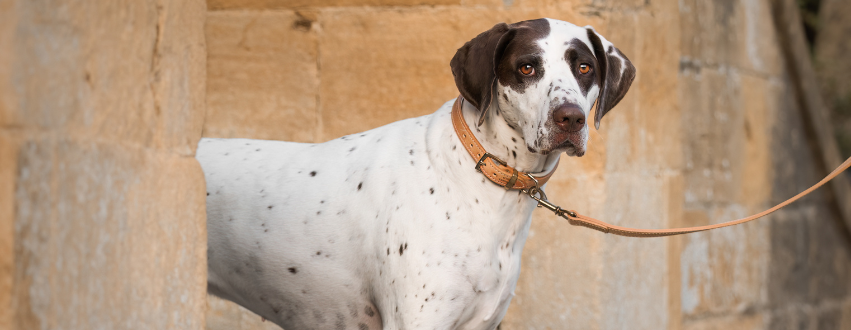
Golden Doodle Dietary Needs
A well-balanced diet is essential for maintaining your Golden Doodle's overall health and vitality. Opt for premium-quality dog food formulated specifically for their size, age, and activity level. Consult with your veterinarian to determine the optimal feeding schedule and portion sizes for your individual dog.
Best Food For A Golden Doodle Puppy
When selecting food for your Golden Doodle puppy, look for options that contain high-quality protein sources, essential vitamins and minerals, and limited fillers or additives. Choose a puppy formula designed to support healthy growth and development during this critical stage of life, we particularly like the Acana puppy food for this stage of life!
Grooming Tips for Golden Doodles
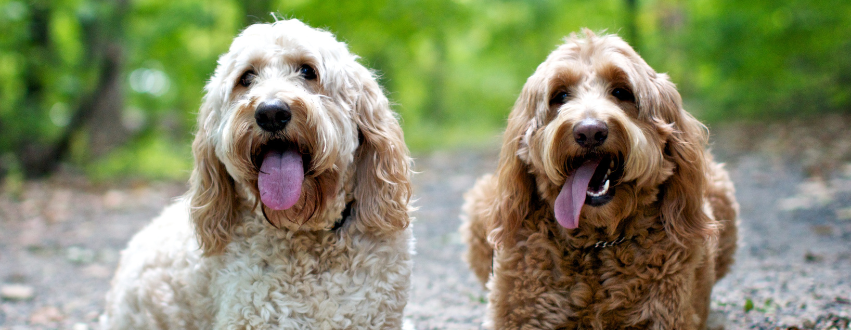
Golden Doodles have a unique coat that requires regular grooming to prevent matting and maintain its luxurious texture. Brush your dog's coat several times a week to remove loose hair and prevent tangles. Schedule professional grooming sessions as needed to trim their coat and keep it looking neat and tidy.
In conclusion, Golden Doodles are delightful companions known for their loving demeanour, intelligence, and versatility. By understanding their unique traits, addressing their specific needs, and providing them with love and care, you can enjoy a fulfilling and enriching relationship with your beloved Golden Doodle for years to come.
Remember, each Golden Doodle is a unique individual with their own personality and preferences, so take the time to nurture their individuality and celebrate the special bond you share. With patience, commitment, and affection, you can create cherished memories and embark on countless adventures together with your loyal canine companion.
Invest in your Golden Doodle's well-being by prioritising their health, training, and grooming needs, and you'll be rewarded with a lifetime of joy, companionship, and unconditional love.
Shop all the best things for your Golden Doodle in our collection here.


